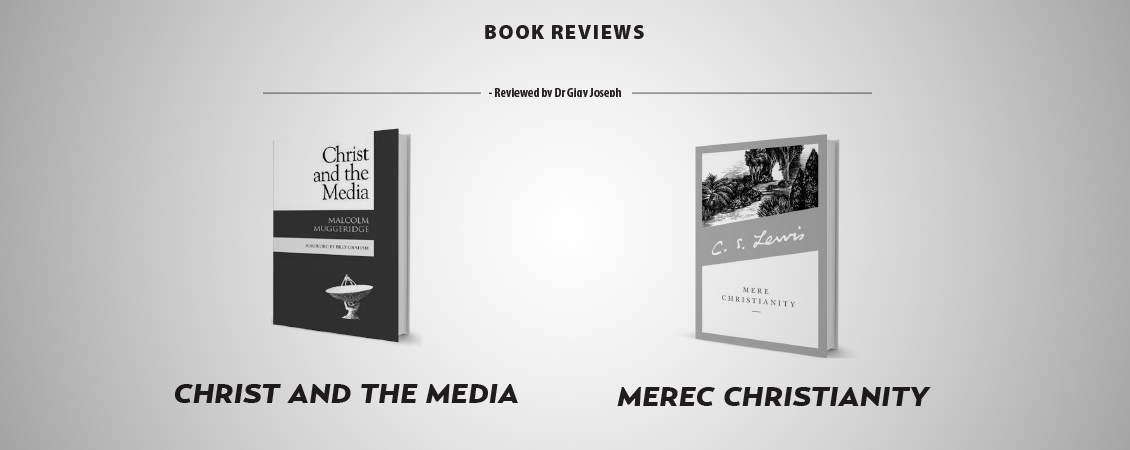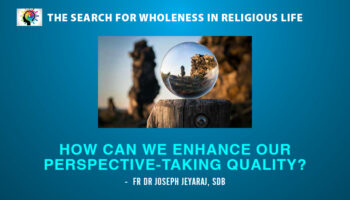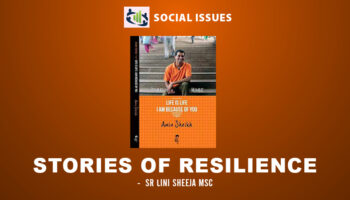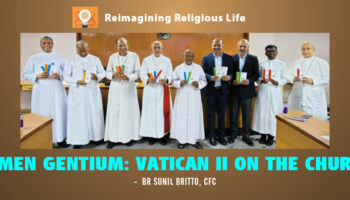Christ and the Media
By Malcolm Muggeridge
Publisher: Regent College Publishing, 1977
Malcolm Muggeridge was one of the most celebrated British media personalities of the last century. During his production of the BBC TV programme Something Beautiful for God (1968), he met Mother Teresa—an experience that radically changed this former skeptic and led him to the Catholic faith. Christ and the Media is a collection of his lectures on the mass media. Spiced with his caustic wit and sharp insights into the influence of the mass media in contemporary civilization, Muggeridge draws our attention to the way the mass media tries to substitute dangerous illusions in place of truth.
Muggeridge writes that future historians would see today’s people “as having created in the media a Frankenstein monster which no one knows how to control or direct, and marvel that we should have so meekly subjected ourselves to its destructive and often malign influence.” He also takes note of the fake experiments and surveys attempting to gain scientific legitimacy to prove that violence and pornography on TV do not influence social behavior, while ironically the advertisers who spend huge sums of money for prime time know better! “I find it fascinating that credulity about scientifically stated absurdities should thus exceed the wildest examples of religious superstition.” Recalling his refreshing experience of interviewing Mother Theresa, he observes : “What is required to make a successful Christian television programme is merely to find a true Christian and put him or her on the screen.”
The book makes engaging reading for the common reader as cultural commentary sprinkled with personal anecdotes and witty comments and at the same time evaluating the modern mass media in light of the Gospel truths. His main argument is that “the media have created and belongs to, a world of fantasy, the more dangerous because it purports to be, and is largely taken as being, the real world. Christ, on the other hand, proclaimed a new dimension of reality.”
—————————————————————————————————————————————————————-
Mere Christianity
C S Lewis.
Fontana, 1952.
C S Lewis is one of the greatest Christian thinkers of the 20th century, besides being a brilliant academic, popular novelist and literary critic. At age forty, he gave up atheism and went on to write some brilliant works that are considered classics. Mere Christianity is based on a series of BBC radio broadcasts given at Oxford during World War II. It addresses Christian belief and Biblical truths from a rational and common sense point of view with sound logic.
Lewis writes about basic Christian beliefs. He speaks of it as ‘mere’ Christianity, as an alternative to the creeds of the existing communions. He sees Christianity “as a great house with a large hall. Different rooms leading off the hall are the different denominations.” He is not primarily concerned about which room Christians occupy, but he is concerned about getting them into the hall. He divides the book into four sections beginning with the moral argument for the existence of God. In the second part he deals with the basic doctrines, examining the rival conceptions of God in the world. Presenting the arguments for the divinity of Christ, Lewis makes note of the attempts of various secular thinkers to reduce him to the status of a simple preacher, a sage or a good man. Lewis counters by saying that “a man who was merely a man and said the sort of things Jesus said would not be a great moral teacher. He would either be a lunatic or else he would be the Devil. You must make your choice. Either this man was, and is, the Son of God, or else a madman or something worse. You can shut him up for a fool, you can spit at him and kill him as a demon or you can fall at his feet and call him Lord and God, but let us not come with any patronizing nonsense about his being a great human teacher. He has not left that open to us.” In the third Section, he elaborates on the Christian virtues, social morality, marriage, forgiveness, charity, hope and faith. The heartiest thing about the book is that it is theology accessible to the commoner written in a colloquial style.
To read the entire article, click Subscribe






